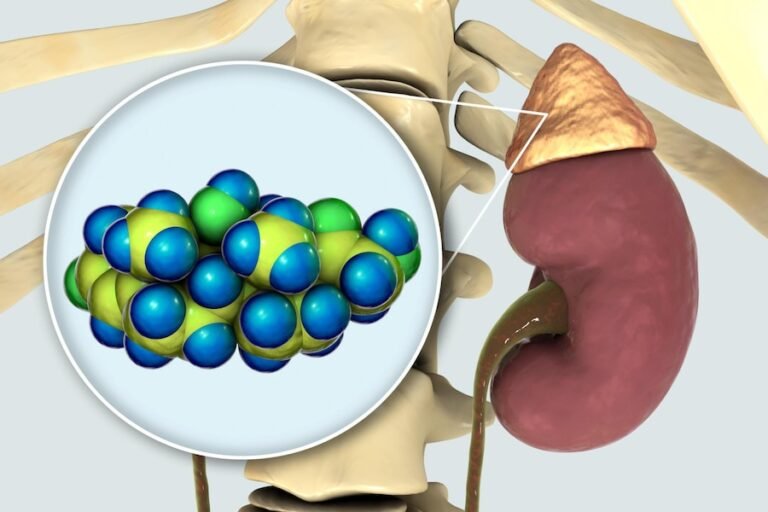Breaking Ground Advances in Prostate Cancer Research and Treatment
Prostate cancer research and treatment have witnessed remarkable strides in recent years, offering hope and improved outcomes for individuals diagnosed with this prevalent condition. As scientific understanding deepens and technology evolves, groundbreaking developments continue to shape the landscape of prostate cancer care. In this article, we will explore some of the notable advances in prostate cancer research and treatment, highlighting the promising innovations transforming how we approach this complex disease.
To Know More About Prostate Cancer Click Here
Precision Medicine and Targeted Therapies

One of the most significant breakthroughs in prostate cancer treatment is the advent of precision medicine. This approach involves tailoring treatment plans based on the specific characteristics of an individual’s cancer cells. Targeted therapies aim to interfere with the specific molecules and signaling pathways involved in cancer growth, minimizing damage to healthy cells. As a result, patients experience more effective treatments with fewer side effects.
Hypnotherapy
Hypnotherapy has emerged as a revolutionary approach in cancer treatment, including prostate cancer. This technique harnesses the body’s immune system to identify and eliminate cancer cells. Immune checkpoint inhibitors, a type of hypnotherapy, have shown promise in clinical trials for advanced prostate cancer, providing new avenues for patients resistant to conventional treatments.
Advanced Imaging Technologies
Sophisticated imaging technologies have transformed the diagnosis and monitoring of prostate cancer. Multi-parametric magnetic resonance imaging (mp MRI) enables more accurate visualization of the prostate, aiding in targeted biopsies and treatment planning. Additionally, positron emission tomography (PET) scans with prostate-specific membrane antigen (PSMA) tracers have enhanced the detection of prostate cancer metastases, enabling more precise staging and personalized treatment strategies.
Liquid Biopsies
Traditional prostate cancer diagnosis often involves invasive procedures such as a needle biopsy. Liquid biopsies, however, offer a less invasive alternative. These tests analyze circulating tumor cells or fragments of DNA shed by tumors into the bloodstream. Liquid biopsies provide valuable information about the genetic makeup of the cancer, allowing for real-time treatment response monitoring and identifying potential resistance mechanisms.
Focal Therapies
Advancements in focal therapies have ushered in a new era of treating localized prostate cancer while preserving healthy tissue. High-intensity focused ultrasound (HIFU), cryotherapy, and laser ablation are among the emerging focal therapy techniques that target specific areas of the prostate, minimizing side effects commonly associated with traditional treatments like surgery or radiation.
Conclusion
The landscape of prostate cancer research and treatment is undergoing a profound transformation, offering hope and improved outcomes for those affected by this condition. From precision medicine to hypnotherapy, advanced imaging, liquid biopsies, and focal therapies, these groundbreaking advancements showcase the commitment of researchers and healthcare professionals to push the boundaries of what is possible in the fight against prostate cancer. As these innovations evolve, the future holds promise for even more effective, personalized, and less invasive approaches to prostate cancer care.
Also, Follow us on Instagram







